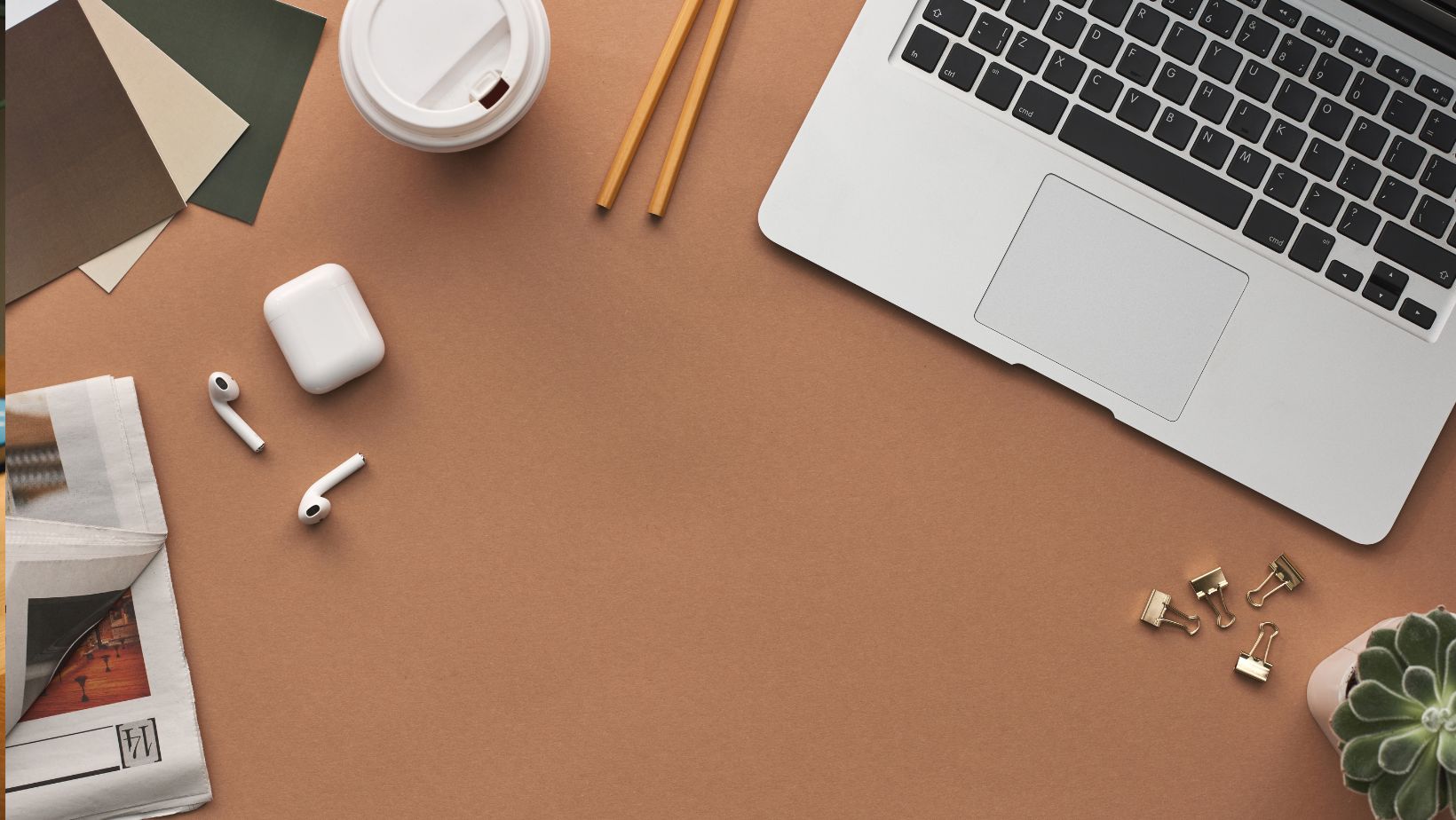Looking for a budget-friendly laptop that can handle your music production needs? Look no further! In this article, I’ll be discussing some top options for budget laptops that are perfect for music production. Whether you’re a beginner or a seasoned producer, these laptops offer great value without breaking the bank.
When it comes to music production, having a reliable and capable laptop is essential. You need a machine that can handle resource-intensive tasks like recording, editing, and mixing audio without any hiccups. Fortunately, there are several budget laptops available in the market today that can meet these requirements.
Budget Laptops for Music Production
When it comes to music production, having a powerful processor is crucial for optimal performance. The processor speed determines how fast your laptop can handle complex tasks like audio editing, mixing, and rendering. A higher clock speed means faster processing, allowing you to work efficiently without any lag or delays.
For music production, I recommend considering laptops with a minimum processor speed of 2.5 GHz. This ensures that you have enough processing power to handle multiple tracks, virtual instruments, and effects plugins simultaneously. However, if you work with more demanding projects or use resource-intensive software like professional DAWs (Digital Audio Workstations), it’s advisable to invest in a laptop with even higher clock speeds for smoother operation.
Multicore vs Single Core Processors
Another important factor to consider is whether to opt for a multicore or single core processor. In music production, where multitasking and real-time processing are common requirements, multicore processors offer significant advantages.
Multicore processors distribute workload across multiple cores, enabling better multitasking capabilities and improved overall performance. For example, an Intel i7 quad-core processor will outperform an Intel i5 dual-core processor when it comes to handling heavy audio processing tasks.
However, keep in mind that not all software applications are optimized for multicore utilization. Some plugins or older software might still rely heavily on single-core performance. In such cases, laptops equipped with high-frequency single-core processors might provide better results than lower frequency multicore alternatives.

Understanding CPU Architecture
While clock speed and core count are essential considerations when choosing a laptop for music production purposes; understanding the CPU architecture also plays a significant role in determining its performance.
The architecture of a processor determines how efficiently it executes instructions and handles data flow within the system. Different CPU architectures offer varying levels of efficiency and optimization for specific tasks.
Currently popular architectures include Intel’s Core series (such as Core i3, i5, and i7) and AMD’s Ryzen series. Each architecture has its own strengths and weaknesses, so it’s worth researching the specific requirements of your music production software to determine which architecture is best suited for you.
When it comes to music production on a budget laptop, understanding the RAM requirements is crucial. RAM, or Random Access Memory, plays a vital role in determining the performance and speed of your laptop when running resource-intensive music production software.
Here are a few key points to consider when it comes to RAM requirements:
- Minimum RAM Recommendation: To ensure smooth and efficient music production sessions, it’s generally recommended to have at least 8GB of RAM. This will provide enough memory for running your digital audio workstation (DAW), virtual instruments, plugins, and other software without experiencing significant lag or latency issues.
- Multitasking Capability: If you plan on multitasking during your music production sessions, such as running multiple plugins or processing heavy audio tracks simultaneously, you may want to consider upgrading to 16GB or even 32GB of RAM. This extra memory will allow for smoother playback and faster rendering times.
- Future-Proofing Your Laptop: Investing in more RAM than the minimum requirement can also help future-proof your laptop. As music production software continues to evolve and become more demanding, having ample RAM will ensure that your laptop can handle future updates without needing an immediate upgrade.
- Consider Your Workflow: It’s important to consider your specific workflow and the types of projects you’ll be working on. If you primarily work with smaller projects or mainly use samples and MIDI instruments instead of complex audio recordings, 8GB of RAM may suffice. However, if you’re planning on working with larger projects that involve extensive audio editing and processing, opting for higher amounts of RAM would be beneficial.
Remember that while increasing your laptop’s RAM can improve its performance for music production tasks, it’s not the sole factor affecting overall performance. Processor speed, storage type (SSD vs HDD), and graphics capabilities also play important roles.




